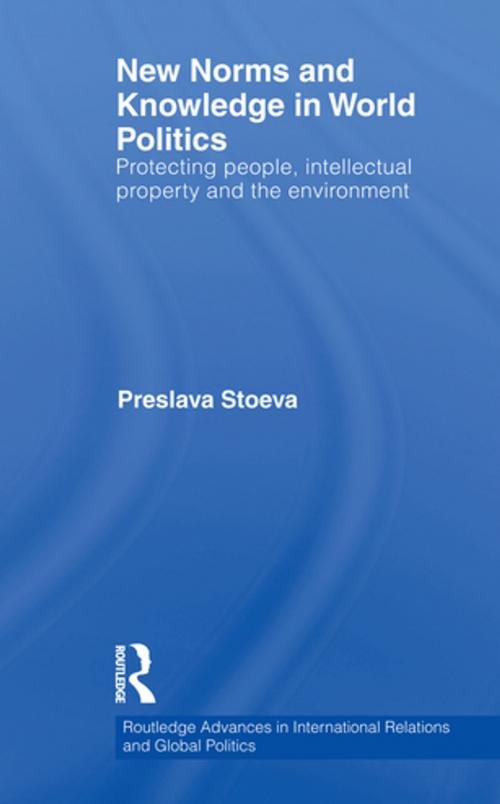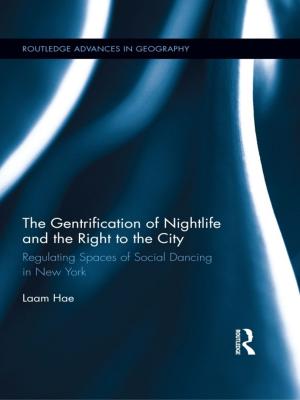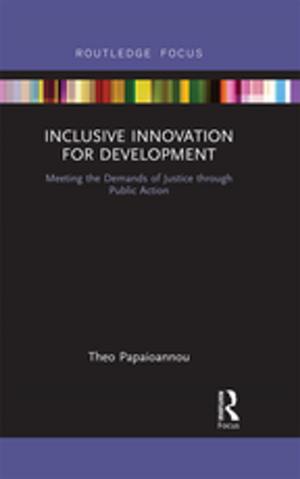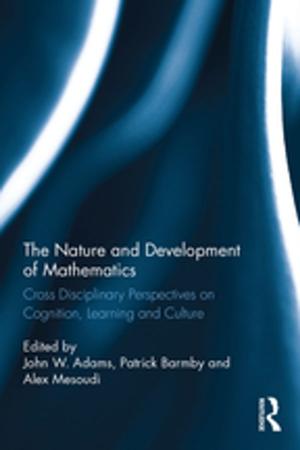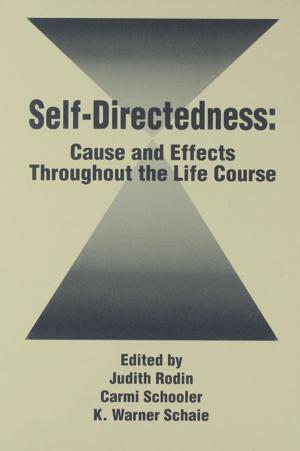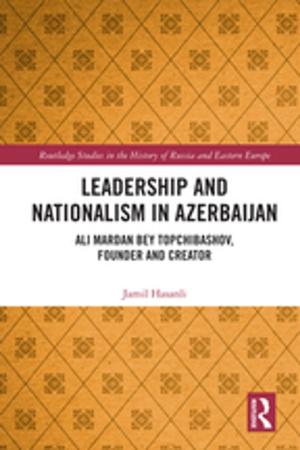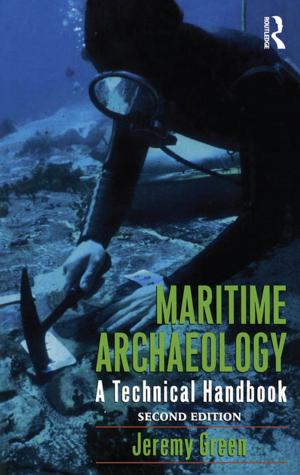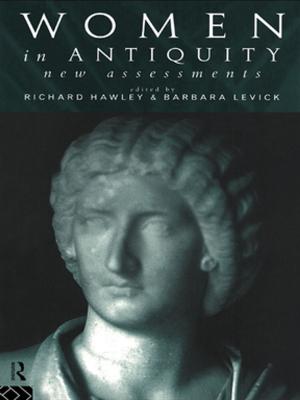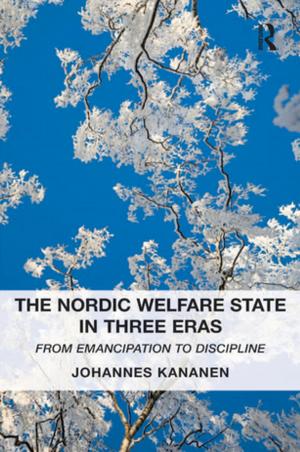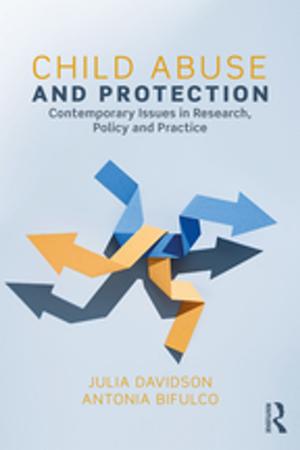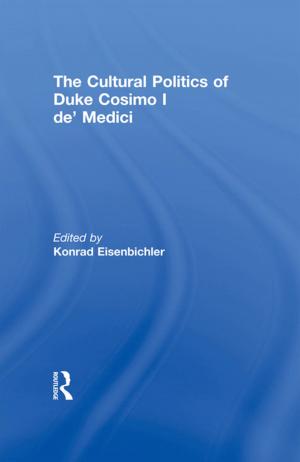New Norms and Knowledge in World Politics
Protecting people, intellectual property and the environment
Nonfiction, Social & Cultural Studies, Political Science, International, International Relations| Author: | Preslava Stoeva | ISBN: | 9781135196714 |
| Publisher: | Taylor and Francis | Publication: | October 16, 2009 |
| Imprint: | Routledge | Language: | English |
| Author: | Preslava Stoeva |
| ISBN: | 9781135196714 |
| Publisher: | Taylor and Francis |
| Publication: | October 16, 2009 |
| Imprint: | Routledge |
| Language: | English |
This book examines the process of norm development and knowledge creation in international politics, and assesses these processes in case studies on protection from torture, intellectual property rights and climate change.
Drawing on the theories of constructivism and the sociology of scientific knowledge, author Preslava Stoeva demonstrates that international norms are a product of a sequence of closures and consensus reached at different social levels. She contends that it is this process which makes norms permeate the social and political fabric of international relations even before they become official principles of state behaviour. Proposing a theoretical model which indicates the stages of the development of norms, she studies the roles that various actors play in that process, together with the interplay of various types of power. Through this endeavour, this book succeeds in providing the reader with a better understanding of the social processes that lead to normative change in international relations.
New Norms and Knowledge in World Politics will be of interest to students, scholars and practitioners of international relations, comparative politics, globalization, sociology and anthropology.
This book examines the process of norm development and knowledge creation in international politics, and assesses these processes in case studies on protection from torture, intellectual property rights and climate change.
Drawing on the theories of constructivism and the sociology of scientific knowledge, author Preslava Stoeva demonstrates that international norms are a product of a sequence of closures and consensus reached at different social levels. She contends that it is this process which makes norms permeate the social and political fabric of international relations even before they become official principles of state behaviour. Proposing a theoretical model which indicates the stages of the development of norms, she studies the roles that various actors play in that process, together with the interplay of various types of power. Through this endeavour, this book succeeds in providing the reader with a better understanding of the social processes that lead to normative change in international relations.
New Norms and Knowledge in World Politics will be of interest to students, scholars and practitioners of international relations, comparative politics, globalization, sociology and anthropology.
